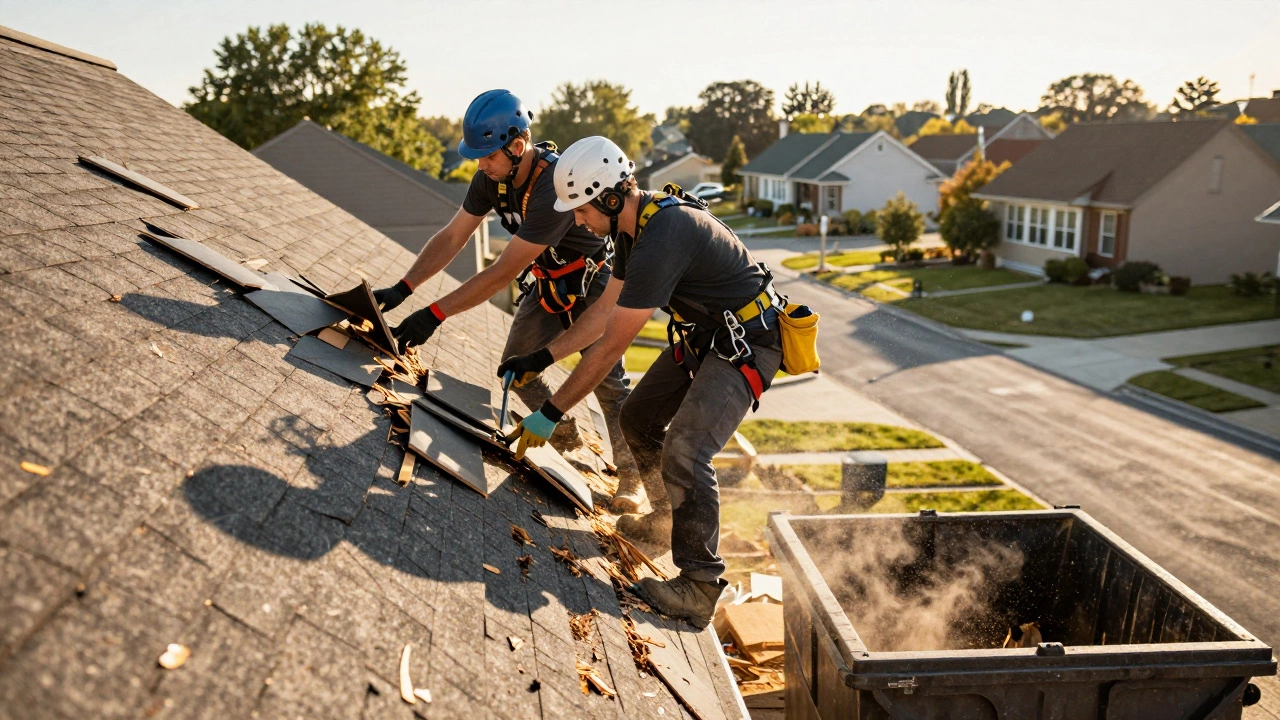Skilled Trades: What They Are and Why They Matter
When you think of building a house, fixing a leak, or wiring a new office, you’re looking at the work of skilled tradespeople. These are the guys and girls who actually turn plans into real walls, roofs, and systems. Unlike a desk job, a trade combines hands‑on work with problem‑solving, and it pays the bills while you see the results every day.
In the UK, demand for trades is higher than ever. New builds, retrofits for energy efficiency, and home renovations keep the market busy. That means stable jobs, good wages, and the chance to start earning while you learn. If you enjoy working with tools, like seeing a project finish, or just want a solid career without a four‑year degree, skilled trades are worth a look.
High‑Paying Trade Jobs You Can Start Today
Not all trades earn the same, but a handful consistently rank at the top. Electricians, plumbers, and HVAC technicians often pull salaries above the national average because their work is essential and requires certification. Carpenters and bricklayers also do well, especially when they specialize in high‑end residential or commercial projects.
Take the “highest paid construction trades” article on our site – it breaks down which jobs pay the most and why. Generally, the higher the skill level and the rarer the specialty, the better the paycheck. For example, a certified gas engineer can earn significantly more than a general laborer, while a master plumber can command premium rates for complex installations.
If you love numbers, look at the “construction salary comparison” posts. They show that many tradespeople earn more than entry‑level architects after just a few years on the job. The key is getting the right qualifications and building a solid reputation.
Getting Into a Trade: Steps and Tips
Starting a trade isn’t a mystery. First, pick a field that sparks your interest – think about what you’d enjoy doing day after day. Next, find an apprenticeship or a college course that offers the required certifications. In the UK, apprenticeships often combine on‑the‑job training with classroom learning, letting you earn while you learn.
Our "Is construction a good career in 2025?" guide walks you through the pros and cons, pay expectations, and lifestyle factors. It’s a solid read if you’re weighing a trade against a university route. Remember, many trades have clear pathways: you start as a helper, move to a journeyman, and eventually become a master or contractor.
While you’re training, build a network. Talk to seasoned tradespeople, join local trade associations, and attend industry events. Real‑world advice—like watching how seniors handle tricky installations—can save you time and money.
Safety is another big piece. Every trade has its own set of regulations, so always wear proper gear and follow best practices. A solid safety record not only protects you but also makes you more attractive to employers.
Finally, keep learning. The industry evolves with new materials, green building standards, and smart‑home tech. Staying up‑to‑date means you can command higher rates and take on more complex projects.
Skilled trades offer a blend of steady income, hands‑on work, and a clear career ladder. Whether you’re after the highest‑paid jobs, a chance to start earning quickly, or a fulfilling lifelong profession, the trade route is worth exploring.






